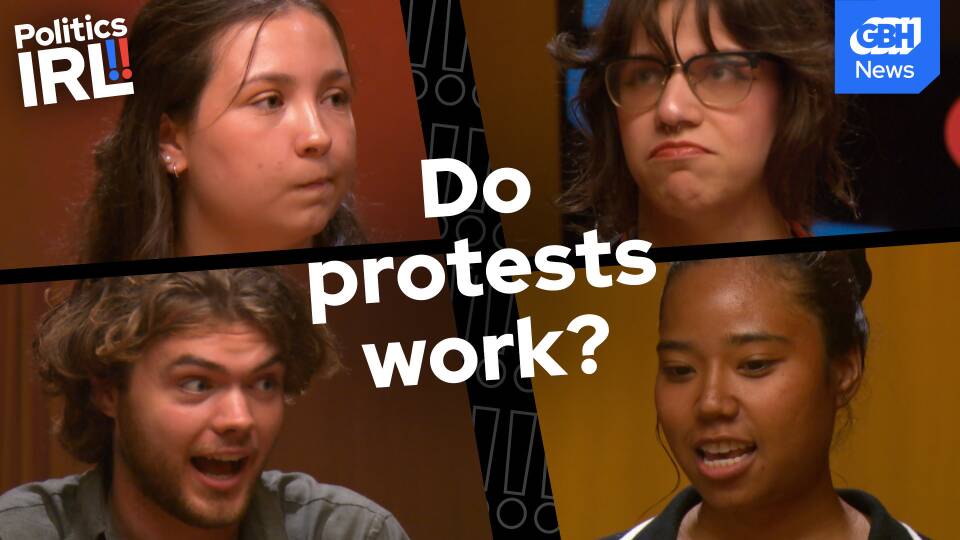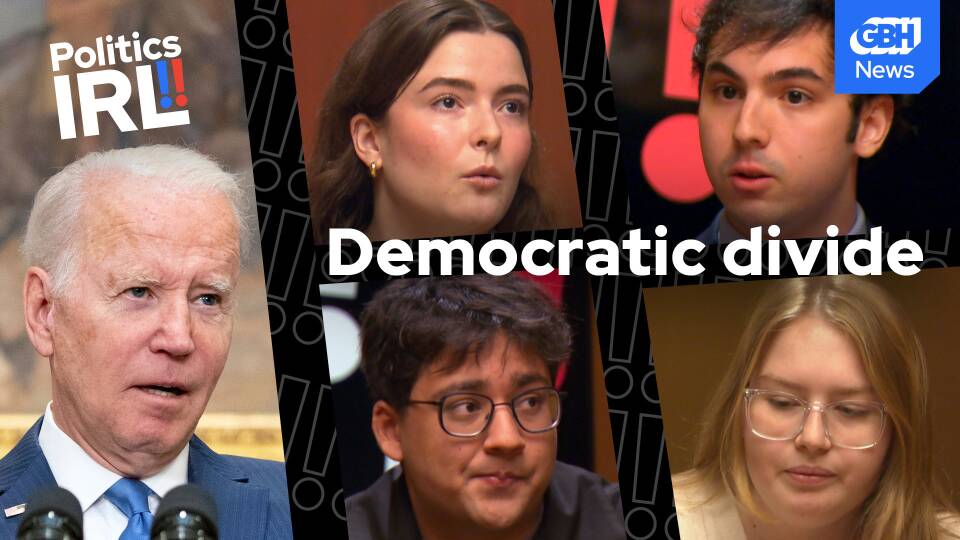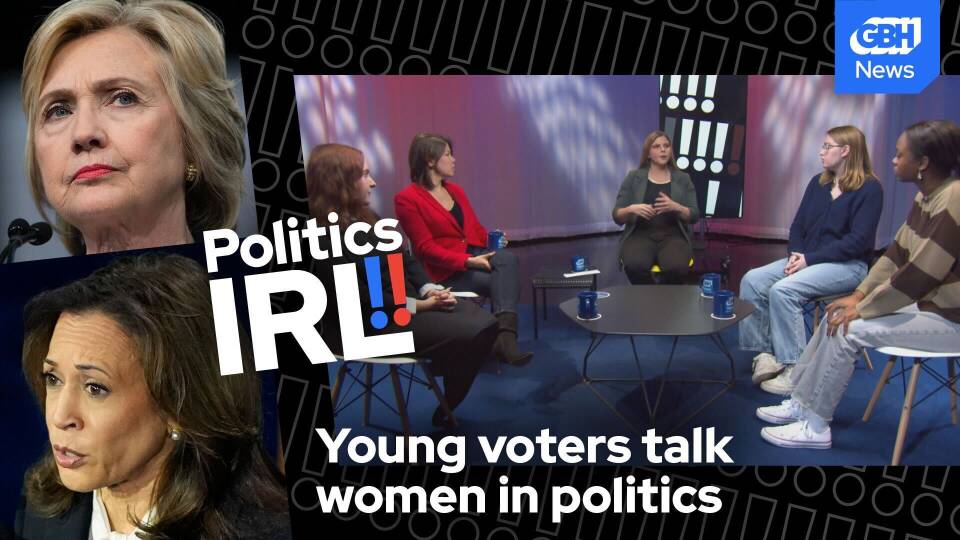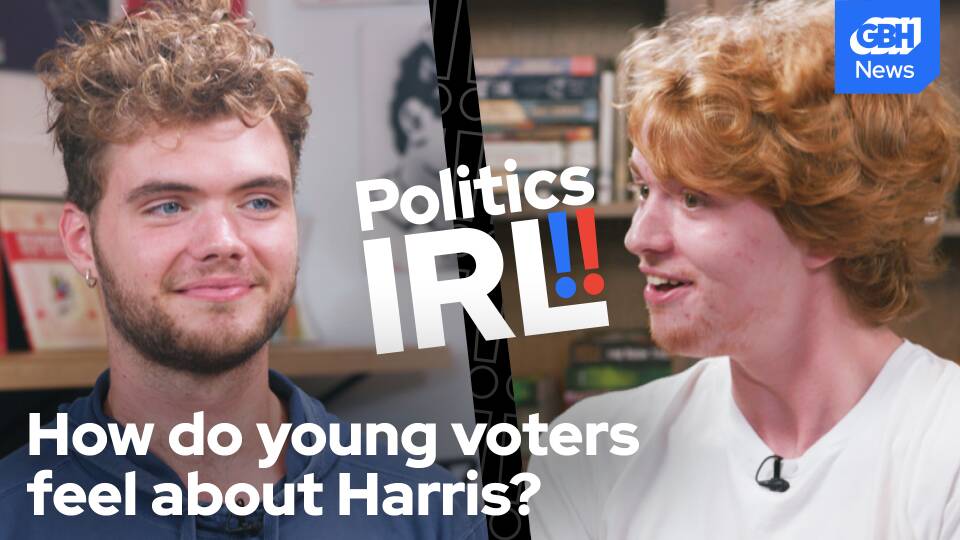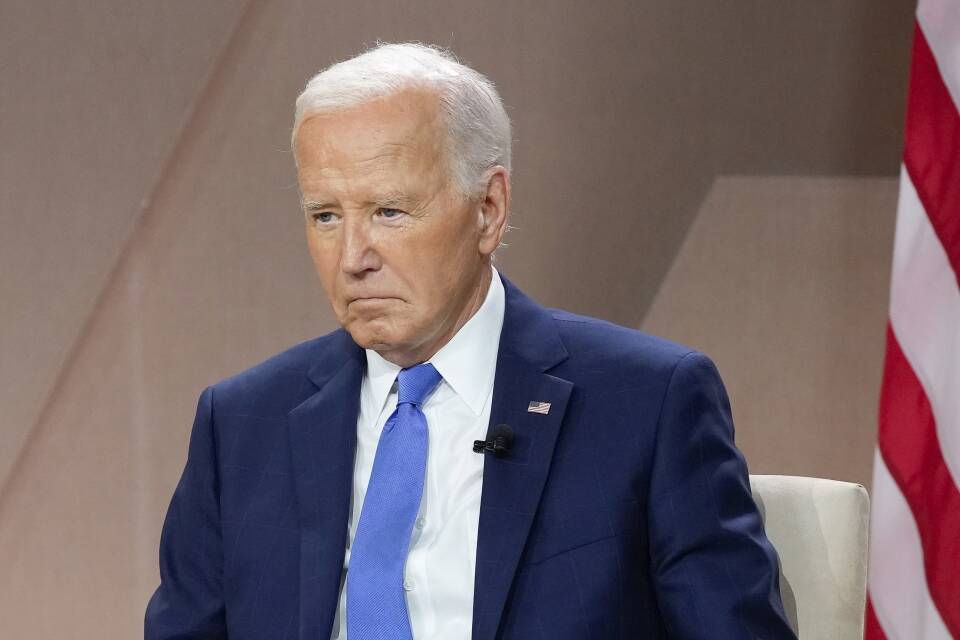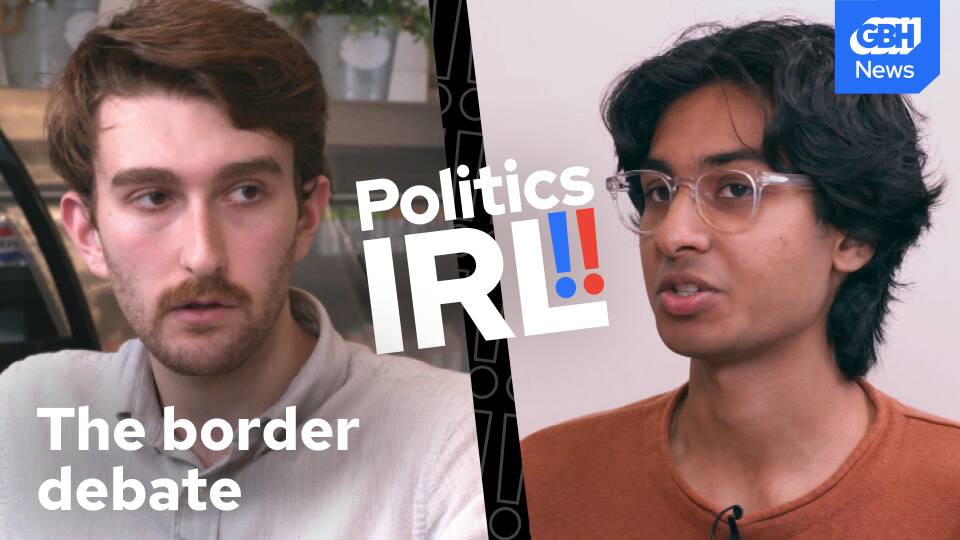Audrey Grant and Timothy Smyth, two young voters, met up at a bar in Boston recently to talk about what issues will motivate them to vote in the 2024 elections. Among their top concerns - the changes made to abortion laws in the Supreme Court’s 2022 Dobbs decision.
Smyth, a pro-life Republican, whose faith informs his opinions, was pleased to see Roe v. Wade overturned by Dobbs. He does, however, say that pro-lifers need to focus on not using religion to defend their stance.
Grant, a pro-choice Democrat, was not happy about the court’s decision and said that if she and her partner were to get pregnant, she would get an abortion because she doesn't see herself having children.
The two disagreed on whether a fetus should be considered a human life, and when human life begins.
"I don't think that anyone is having an abortion at nine months," said Grant. "If you find out at a couple weeks that the fetus isn't viable – to force a person to go through a pregnancy like that is traumatizing."
"I think that the fetus, the pre-born child, is deserving of the rights of protection to life, liberty and the pursuit of happiness," Smyth responded. "I think abortion denies the child that right to be born and to have a life."
As for limitations, Grant believes decisions around abortion should be up to individual families, and any restrictions would make it harder for families to make that choice. She added that forcing people to give birth against their will can leave those children without support.
Smyth agreed that children and their parents need support and believes there are enough private organizations available to take care of those in need.
Although they came at the topic from opposing views, they both enjoyed the opportunity to hear out the other side.
***
If you are a young voter, or know of one who may want to participate in our series, please share your perspective with us in this form and we may reach out.
Politics IRL is a project supported by America Amplified, working with public media stations across the country to expand the use of journalism practices that meaningfully address local information needs through active listening and engagement, especially in communities that have been traditionally underserved by public media.

